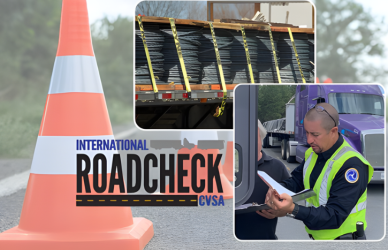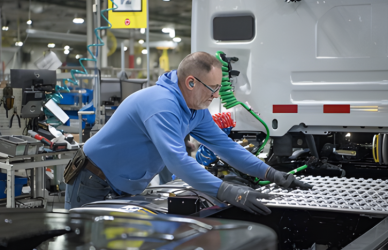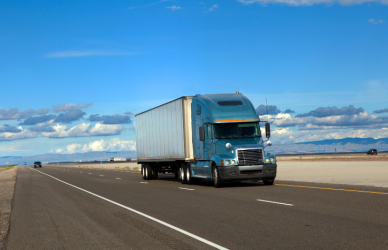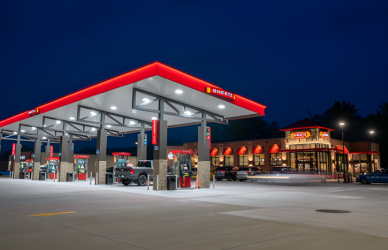California, USA – Climate change and the role of transportation has been in conversations within the industry and California has some new policies that will have some interesting consequences. Their new policies regarding diesel engines will begin next year. Yahoo Finance reports, “the California Air Resources Board (CARB) is requiring semi-trucks and other diesel commercial vehicles to have engines with 2010 or newer model years in order to help meet new emission standards and improve air quality.” This puts many carriers that own older trucks in a difficult position, especially those with used trucks or who are even trying to sell used trucks. Many carriers are going to have to adjust their budgets, especially if they need to invest in newer semi-trucks.
They also reported, “Twenty-three percent of current cargo volumes are handled by trucks that have 2007 through 2009 engines, which will be required at the end of this year to turn over to at least a 2014 truck model year standard here in [the ports of Los Angeles and Long Beach],” Schrap, CEO of the Harbor Trucking Association, said during a press briefing with the Port of Los Angeles on Aug. 17.
This will remove about a quarter of the capacity from what is currently available in the area. With about 5,000 trucks registered to do business in the area, approximately 3,500-3,600 are expected to be active with these new climate standards. Losing this many trucks can cause different consequences such as delays in operations, in the supply chain, and ability to move boxes up the dock.
Alvin Carter, an owner operator, expressed his frustrations, saying he “can’t go into the ports because of the fact that [his] truck is an older truck, older model truck … but it has DEF (Diesel Exhaust Fluid), so it’s burning off.” He’s confused as to why they won’t let him drive even a car like that. Diesel Exhaust Fluid (DEF) is a solution of urea and water that’s injected into the exhaust stream of diesel vehicles to turn NOx gases (harmful emissions) into nitrogen and water.
The industry expects to see more rules and regulations for clean air that could further impact the trucking industry and its operations. Under CARB regulations, drayage trucks, also known as heavy-duty trucks, must begin transitioning to zero-emission technology in 2024, and all trucks operating at ports must have zero emissions by 2035.











